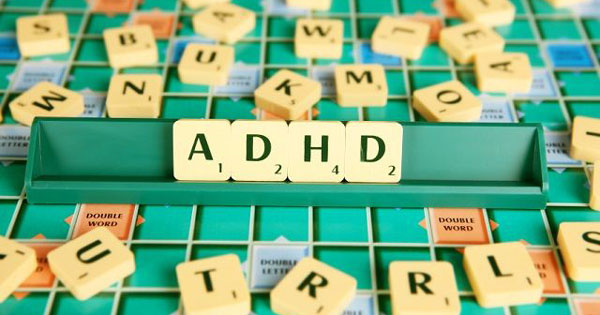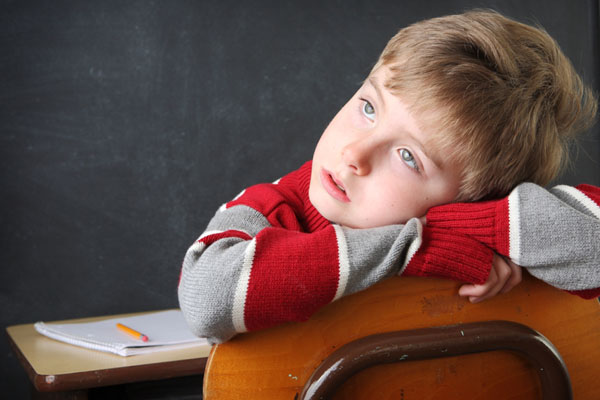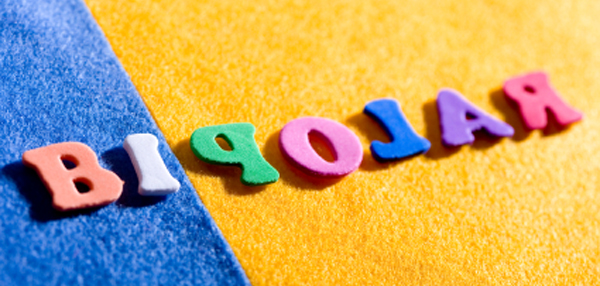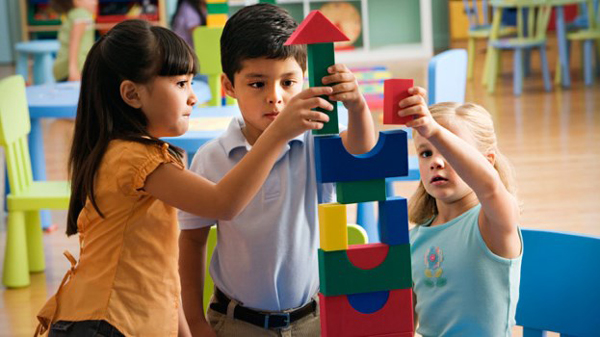Have you noticed your child lose focus or attention and drift away mid discussion or activity? Has the frequency of his behavioral change increased? Do you notice him/her often lose interest in something very quickly, only to attach it to something else? 
Let’s not ignore these symptoms. There is a chance your child is suffering from Attention Deficit Disorder (ADD) or Attention Deficit Hyperactivity Disorder (ADHD).
How much do we know about this attention disorder?
ADHD is a condition in which the patient finds himself/herself unable to focus on the task at hand. The concentration span is minimal and the patient is constantly distracted. Though this condition is found more commonly in children, it is not unusual to find its symptoms in adults.
The primary cause of this condition is relatively unknown, though doctors link it to a combination of genetics and the environment. Genes play a significant role in the conception of this disorder. If one of the parents has hyperactivity symptoms, then this increases chances of the child contracting it. Similarly, environmental factors and personal habits such as smoking and drinking may also contribute to affect the nervous system, increasing the risk of ADHD. Another cause is also mental and physical trauma or abuse that a child may have suffered that would cause him/her to appear more distracted than usual.
Here’s how you can tell if your child (or you) have ADHD. Though these symptoms are medically accurate, they may be subject to change according to severity of the condition:
- Your kid loses attention in school very quickly and results in poor performance. The problem here is attention span and not capability.

- Your child gets bored easily with whatever activity he/she picks up; whether it is television, games, reading or sport
- He/she wanders away mid conversation and loses focus
- The child is unable to recollect incidents from school or what happened at dinner the previous night due to inability of focusing
- You child talks non-stop; mostly about multiple things. This is a sign of hyperactivity.
- He/she is always fidgety and even sitting for ten minutes in a spot is tough
ADHD often occurs along with other associated illnesses that are closely related. These include, hyperactivity, hypertension, learning disabilities and conduct disorder in which the patient is unable to behave properly in a social environment.
Further, signs of mood disorder, bipolar disorder, obsessive compulsive disorder (OCD), substance abuse and depression may also be visible in some patients. 
If you’re concerned about the disorder, book an appointment with your doctor today. There will be a clinical session with your child in which his/her behavior will be studied. Patient’s focus and ability to concentrate on different activities will be noted.
How to deal with ADHD:
- You must enroll your child to some behavioral therapy session. A support group will help your child get used to group activities and train his mind to focus on the activity at hand.
- Regular physical exercise that requires a good amount of concentration is a good idea. Swimming, karate or a dance class are all activities that will challenge your child’s mind and help him focus.

- Spend an hour every day before bed trying to speak with your kid about one activity or topic at hand. Ask him to narrate one story or help him write one down.
- Make a check board at home and give him stars and tick marks every time he finishes a chore or activity such as homework, breakfast, play time or exercise without breaking the activity
- Control the hours spent in front of the television set. Studies have found that children who watch a lot of television are prone to ADHD.
- Regulate his diet and include lots of food that is high in protein, such as meat, eggs, milk, beans and nuts. Hold back on candy and carbs.
- Draw up a timetable for the entire month. Make sure your child follows his activity schedule regularly. After a month or two, you’ll find his attention fixing more on the activity at hand.
There’s enough distraction today; even for an adult. ADHD is just one side effect of technology barrage that hits us every day. The need to pay attention to this condition, is therefore, extremely urgent. So let’s let go our parochial attitude towards mental health and accept this condition before it gets out of hand.